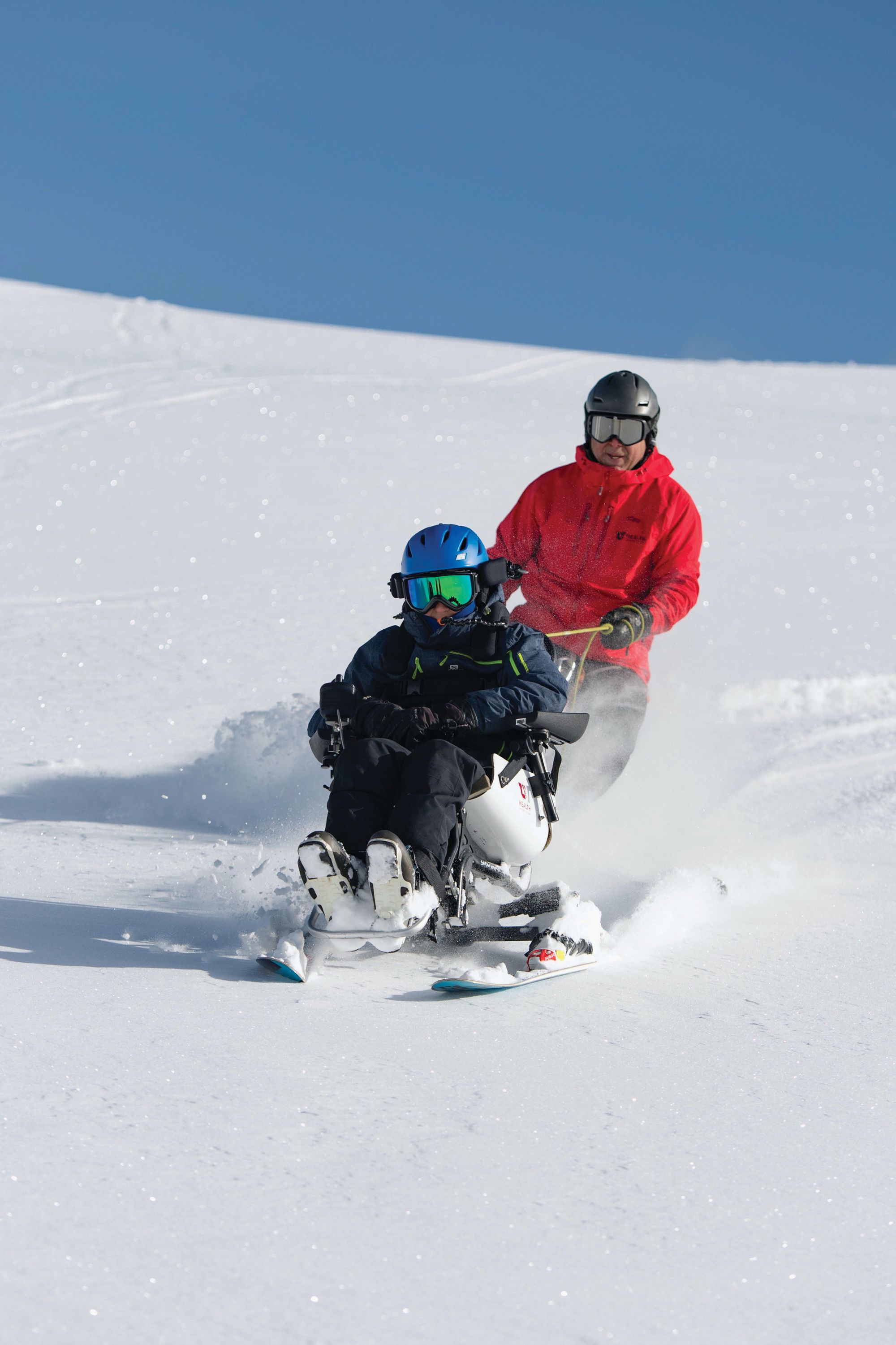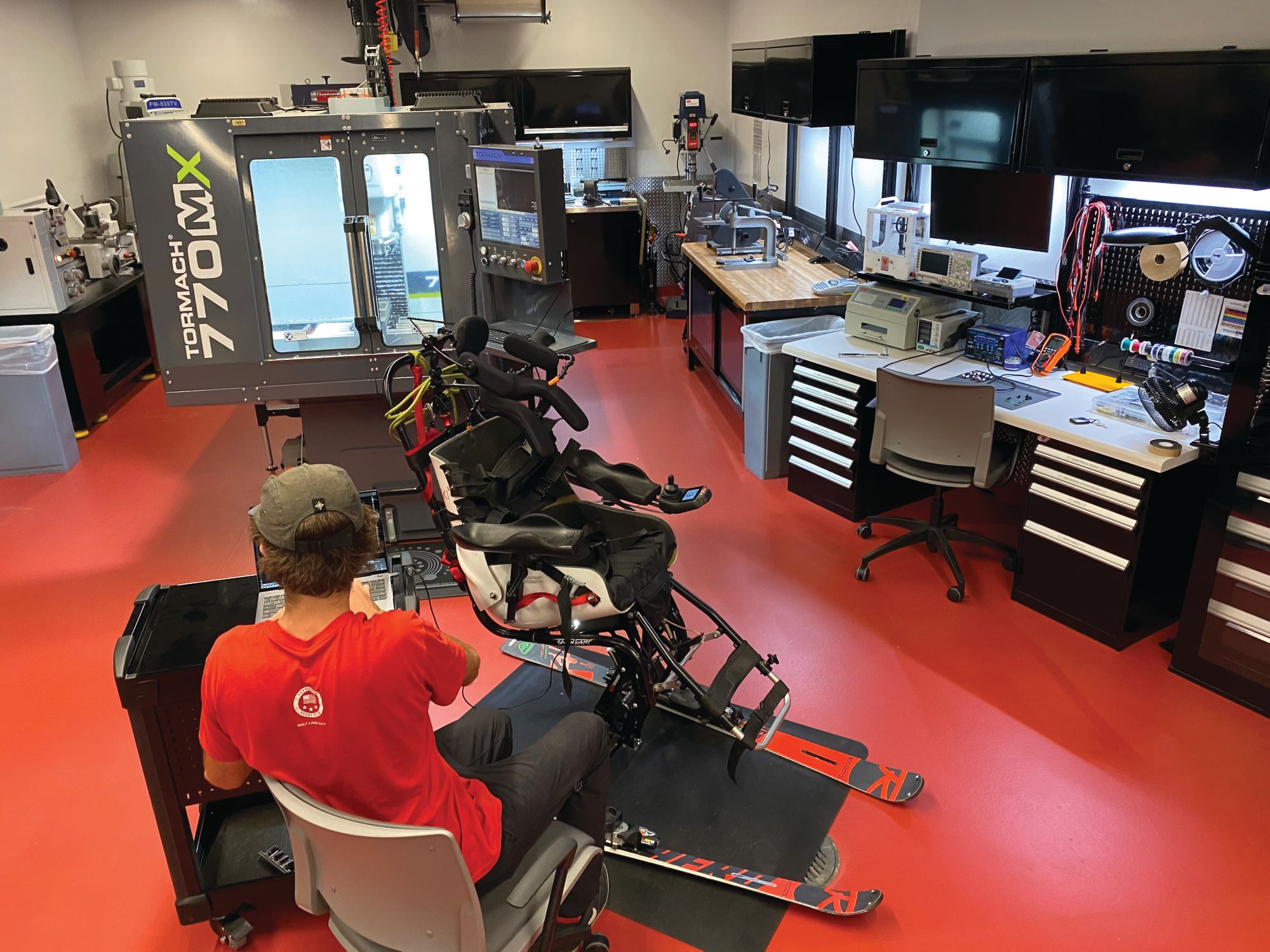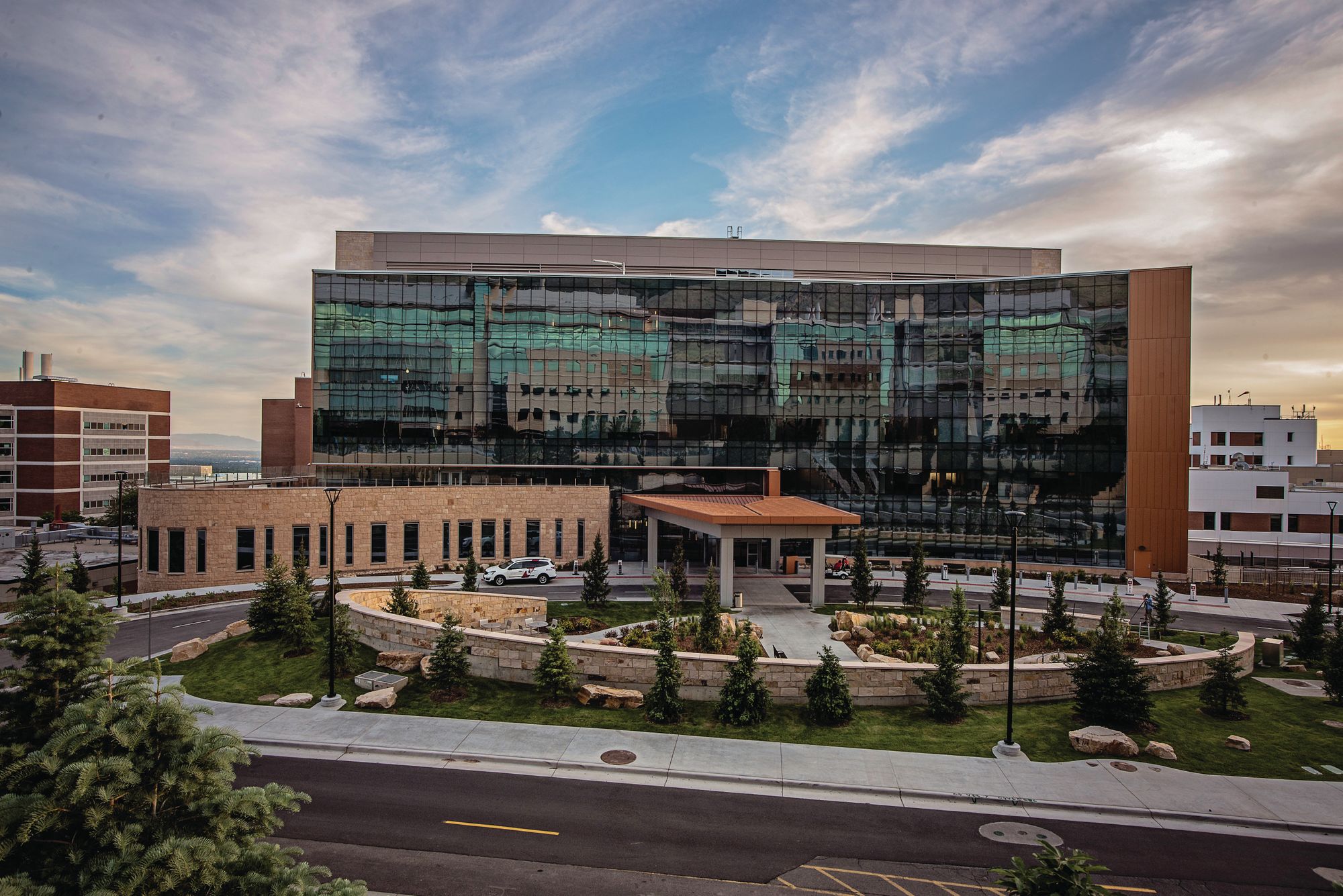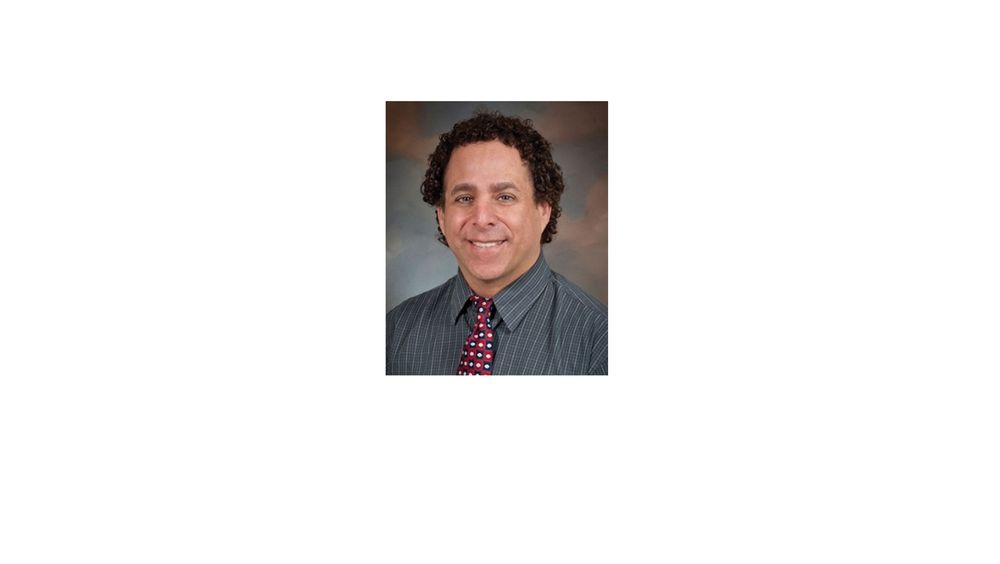This article was published in the Winter 2021 issue
by Jeffrey Rosenbluth, M.D., Director Spinal Cord Injury Medicine,
University of Utah

At the new Craig H. Neilsen Rehabilitation Center at the University of Utah, extraordinary efforts are made every day to enhance neurological and functional recovery after catastrophic injuries or disease. But for some individuals with spinal cord injury, stroke, brain injury, limb loss, and neuromuscular disease, advanced rehabilitation technology and specialized therapy is not enough to avoid permanent impairments and limited access to the activities, work, and locations that they used to enjoy. Recognizing that the traditional rehabilitation process was not sufficient to maximize quality of life, experts in diverse fields across the University of Utah campus created the Tetradapt Initiative. This global effort focuses on accelerating equality in function, performance, and independence for the disabled community. Faculty, staff and students harness the idealism, energy and intellect of a large academic center to design and share innovative assistive technology and adaptive programs.
While many Universities and private entities demonstrate excellence in product research, clinical programs, or product delivery, the Tetradapt Initiative takes on the entire responsibility of ideation to commercialization, ensuring real-world impact for an under-served population. Research/Development, Clinical Testing/Training, and Building/Sharing are all addressed at the University of Utah Rehabilitation Center in collaboration with University of Utah Colleges of Mechanical Engineering, Computer Science, Architecture and Planning, Business, and Health.
RESEARCH & DEVELOPMENT - Innovation Through Collaboration
A diverse, interdisciplinary team of faculty, staff, and students takes a big-picture approach to address technology needs and issues that may impact success, such as cost, training, independence, distribution, function, performance and sustainability. For over 10 years, rehabilitation programs and products have been pushed through a pipeline of undergraduate, graduate, and post-graduate students along with their professors, offering an incredibly efficient way to explore technology that may be quite impactful but have a limited market. To date, the process has been sustained through philanthropy, quality of life grants, and in-house fabrication/development space and resources. While the process has been successful in bringing products to market, the Tetradapt Initiative is particularly excited about its ability to introduce hundreds of students, staff, and faculty in diverse disciplines to the needs of the disabled community. It’s clear that students are more engaged when projects appear to have direct impact on people’s lives and will have a much greater appreciation for the challenges experienced after disability and their role in challenging expectations for this community.

In addition to students, staff, and faculty, participants with disabilities are an integral part of the team and play an active role in developing our project priorities.
Current Tetradapt Projects
√ TetraSki - The world's only independent alpine ski for complex disabilities.
√ TetraWatercraft - Accessible, electric-powered watercraft for sailing and kayaking.
√ PAD - A powered, accessible floating platform to facilitate safe water travel and transfers in and out of watercraft and/or the water for individuals with mobility impairments.
Speed, precision, and excitement are not usually associated with life after catastrophic injury or illness. Until now. The TetraSki is the world’s only independent alpine ski for complex disabilities.
The TetraSki represents technology that has finally caught up with an adaptive skiers' dreams as it offers independent skiing for people with complex physical disabilities. It has been in development for more than six years with the University of Utah Rehabilitation Research and Development Team, and received initial support through the Craig H. Neilsen Foundation.
Electric actuators on the TetraSki provide independent turning and speed variability through the use of a joystick or breath control, allowing the skier with limited strength and dexterity to operate the TetraSki safely and with a high degree of performance and independence. A wireless remote offers instructors a safe way to demonstrate proper skiing technique and a computer simulator has been developed to prepare skiers through pre-hill training and practice, with customized settings exported to the actual TetraSki.
TetraSkis have been distributed to adaptive programs across the U.S., Canada, and France, and include a comprehensive training package for instructors and participants. Featured on both the Ellen Show and the Today Show, the TetraSki has also been introduced internationally at the 2019 World Para Alpine Skiing Championships in Kranjska Gora, Slovenia and has been highlighted in a 2020 web series sponsored by the Paralympic Organizing Committee.
TESTING & TRAINING - TRAILS
Founded in 2001, TRAILS (Technology Recreation Access Independence Lifestyle and Sports) is a University of Utah Rehabilitation Center community program, uniquely focused on the recreation, socialization, and education needs of individuals with complex physical disabilities.
TRAILS was designed by a team of rehabilitation professionals to serve as part of a long-term rehabilitation plan. TRAILS aims to maximize physical and mental health by focusing on year-around activities that participants can incorporate into a daily, active lifestyle.
Paralympic multi-gold medalist Tanja Kari is the TRAILS program director and oversees the deployment of adaptive sports and recreation technology developed by the University of Utah Rehabilitation Research and Development Team. New technology is extensively tested by TRAILS staff who design all of the safety and training protocols for devices prior to distribution. TRAILS now supports both Tetraski equipment and staff at major ski areas across the United States
BUILDING & SHARING - Tetradapt Community
Tetradapt Community is a nonprofit entity that builds, distributes and services novel assistive technologies, which enable people with complex physical disabilities to have more independent control over their daily activities. The University of Utah Rehabilitation Center benefited greatly from the direct guidance and support of the PIVOT (Partners for Innovation, Ventures, Outreach, and Technology) Center, which leads the University of Utah’s centralized and integrated strategy and operation for technology commercialization, corporate engagement and economic development. PIVOT guided the clinical and research rehabilitation team through the evaluation of it’s IP and provided direct legal/accounting services, and promotion to help form a societal impact company that is separate from but close to the University of Utah, focusing on high tech, high impact, and low volume products for the complex disability community.

Control Everything with Anything
The TetraSki is just one of a long line of products in various stages of development aimed at leveling the playing field for individuals who do not currently have access to the sports, recreation, work, learning, travel, and living opportunities that they desire. The University of Utah Tetradapt Initiative will continue to seek out the ideas of a diverse academic community and the individuals with complex disabilities that we are committed to serving. The Initiative will always be committed to impact over profit, willing to commit resources to even the smallest projects that can improve quality of life.
It also turns out that developing novel human-machine interfaces that allow individuals with complex disabilities to precisely, quickly, and independently control complex devices has great benefits related to accomplishing common daily living activities. All of the 75 patient rooms in the new Craig H. Neilsen Rehabilitation Hospital have been equipped with a full suite of Smart Room features that have the touch, voice, and breath interfaces grounded in the adaptive sports development projects. This is the first time that a patient with complete paralysis, even those requiring mechanical ventilation, can completely control their immediate environment independently. The Tetradapt Initiative hopes to partner with the healthcare community and other industries to reimagine the potential quality of life improvements for their patients, workers and customers. With additional community support, there will, undoubtedly, be great advances in both the perception and reality of life after a complex disability.
Links
Cool Science Radio - Park City
Take Our Survey
Hi! The Silicon Slopes team is interested in your feedback. We are asking for a couple minutes to quickly provide feedback on our Silicon Slopes quarterly magazine publication. Click HERE and share your thoughts with us. Your responses will help us improve. Thanks!
*Read the latest issue of Silicon Slopes Magazine, Winter 2021


